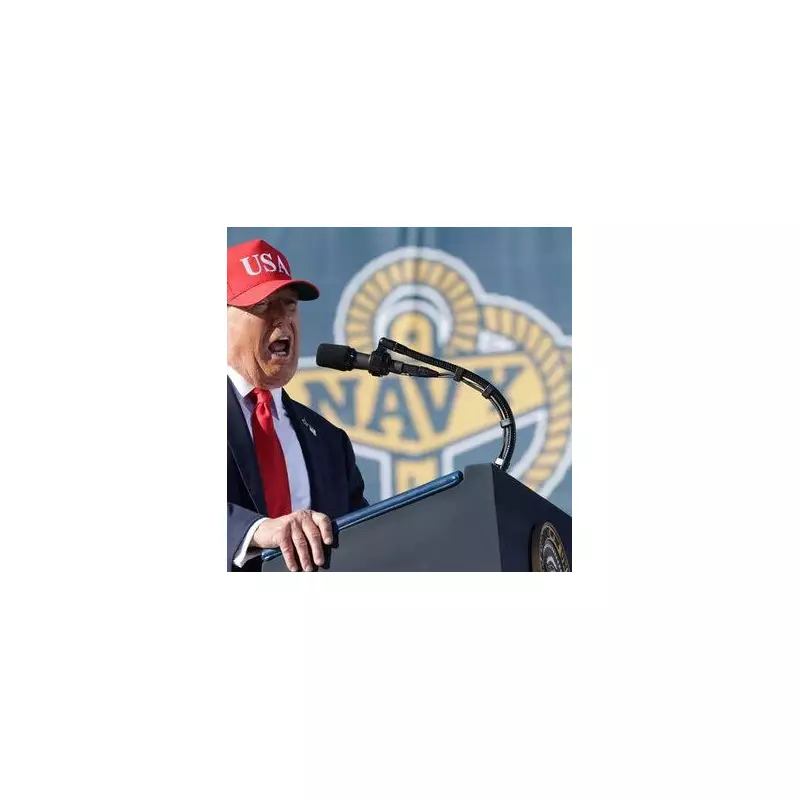
In a startling revelation that has sent shockwaves through political circles, former President Donald Trump has admitted to being "very careful" about his public statements following the near-fatal assassination attempt in Pennsylvania.
The Butler County Shooting That Changed Everything
The dramatic incident unfolded during a campaign rally in Butler, Pennsylvania, when a gunman opened fire, leaving one spectator dead and two critically injured. Trump himself narrowly escaped death when a bullet grazed his ear, creating one of the most iconic and disturbing images of modern American politics.
"You have to be very careful," Trump confessed in his characteristically blunt style. "You can't make any mistakes with what you say."
A More Measured Approach Emerges
This newfound caution represents a significant departure from Trump's typically unrestrained rhetorical style. The former president, known for his off-the-cuff remarks and spontaneous social media posts, appears to have adopted a more deliberate approach to public communication.
The assassination attempt has clearly left its mark, forcing Trump to reconsider how his words might be interpreted in an increasingly volatile political climate. His admission suggests a recognition that presidential rhetoric carries weight far beyond typical political discourse.
Security Concerns Intensify
The Pennsylvania shooting has sparked nationwide debates about:
- Political event security protocols
- The rising temperature of political discourse
- Protection measures for high-profile candidates
- The impact of violence on democratic processes
Trump's careful wording reflects the heightened security concerns that now dominate American political campaigns. The incident has forced a reckoning about how politicians balance accessibility with safety in an era of increasing political violence.
The Aftermath and Political Implications
While Trump has tempered his immediate reactions, he hasn't shied away from discussing the traumatic event. His description of the moment bullets flew past him provides a chilling insight into the realities faced by public figures in today's divided political landscape.
The former president's admission raises important questions about how close calls with violence affect leadership style and decision-making processes. It also highlights the extraordinary pressures faced by those in the highest levels of government.
As the 2024 election cycle intensifies, Trump's newfound caution will undoubtedly be tested. Whether this more measured approach represents a temporary reaction or a permanent shift in communication style remains one of the most intriguing questions in contemporary American politics.





